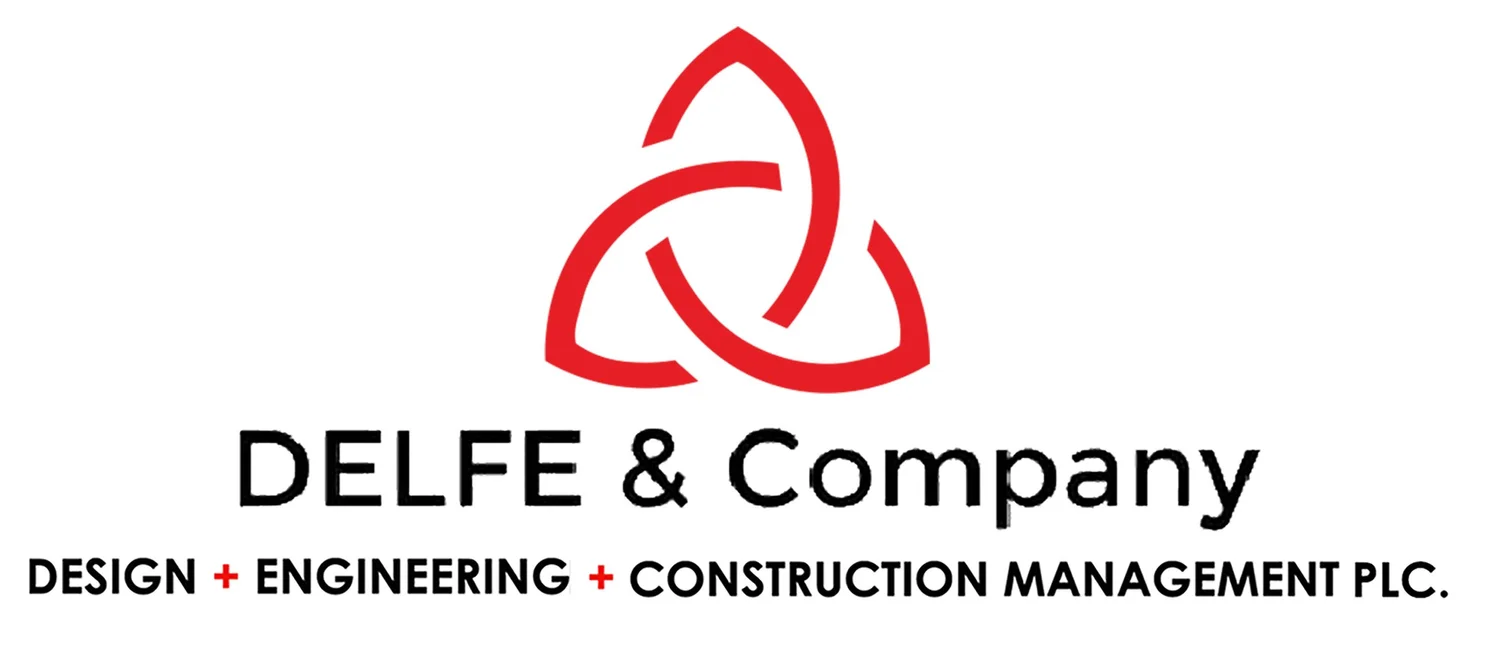patient focused environment infused hospital design
The Healthcare sector, especially in developing countries, is heavily impacted by macroeconomic conditions. With that said, there are demonstrated benefits of patient focused design philosophy that is primarily related to improved experience of care and reduced cost.
At DELFE, we approach hospital design from a holistic perspective, bringing the environmental and social elements into the built space. From there, we take the complexity and breadth of the wide range of services and functional units and place the patient as the focal priority. Each functional units including diagnostic and treatment, such as clinical laboratories, imaging, emergency rooms, and surgery; hospitality functions, such as food service and housekeeping; and the fundamental inpatient care or bed-related function are cohesively designed for durable use, cost efficiency and possible future expansion plans.
Nature is a Healer
Embedding Biophilic Design and stimulate all 5 senses to create a healing hospital environment
vision of ethiopia as the medical tourism destination of africa
Healthcare in most African countries remains the worst funded on a global scale. Sub-Saharan Africa accounts for 11 percent of the world’s population, yet bears 24 percent of the global disease burden and commands less than one percent of global health expenditure.
A recent study by International Finance Corporation (IFC) estimates that over the next decade, $25–$30 billion in new investment will be needed in health care assets, including hospitals, clinics, and distribution warehouses, to meet the growing health care demands of SubSaharan Africa.
At DELFE, we envision and are actively engaged in ensuring that Ethiopia’s health infrastructure is built to meet this demand through collaboration and support of foreign partners and aid agencies. Through our local experience, we can attest that the local Academic education provided by globally recognized entities such as the Addis Ababa University, yields highly capable health professionals. While that being the case, the lack of budget to purchase much needed consumables has limited the hands-on training for capital intensive treatments.


